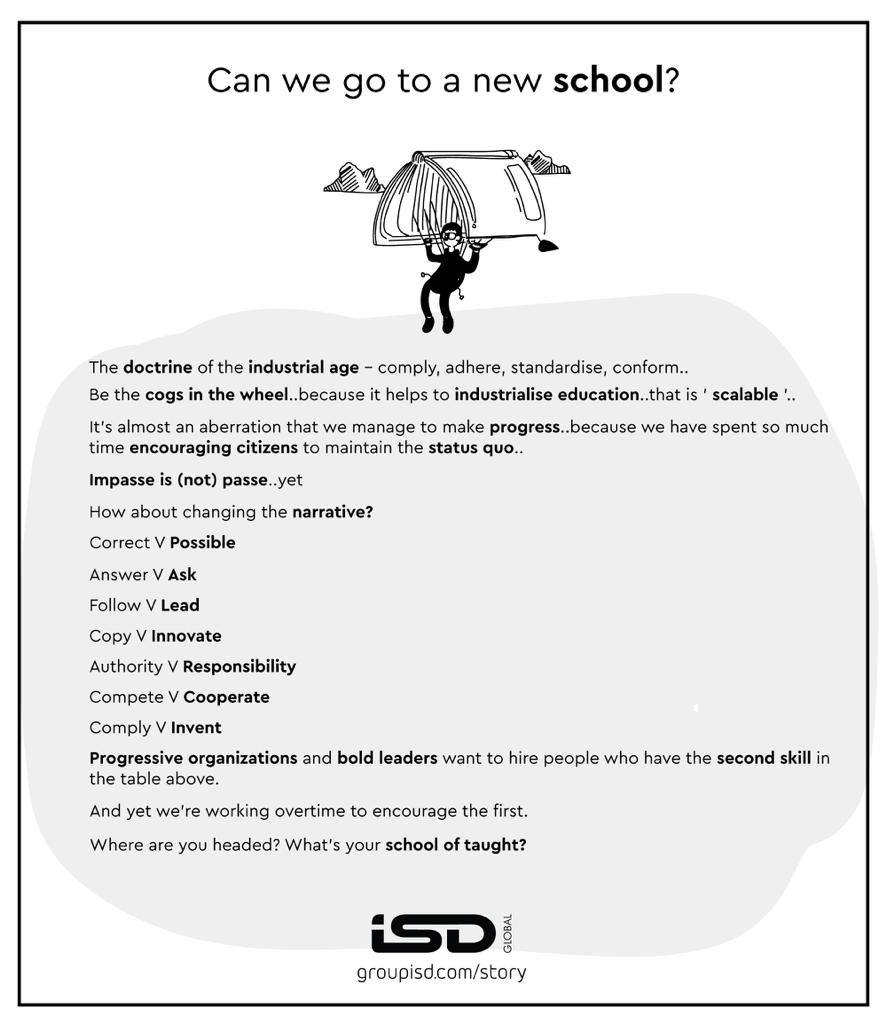The education industrial complex pays little or no heed to Howard Gardner’s Theory of Multiple Intelligence. The theory claims that human beings have different ways in which they process data, each being independent. Gardner’s theory argues that students will be better served by a broader vision of education, wherein teachers use different methodologies, exercises and activities to reach all students, not just those who excel at linguistic and logical intelligence.
Because humans excel in different areas, Gardner’s multiple intelligences’ theory can provide students with a better understanding of how they learn. When students are able to identify which type of multiple intelligence they use to learn material, they can adapt the information to their learning (Bilash, 2009).
“What makes a child gifted and talented may not always be good grades in school, but a different way of looking at the world and learning.” —Chuck Grassley.
10 is the new 20; 20 is the new 40. Age is an obsolete default.
The predominant rote method of learning | teaching is actually a signal that you could do just enough work to persuade an overwhelmed teacher that you were compliant.

The opportunity going forward remains the same: Bringing insight and guts to interesting problems.
There is a high possibility that you get ahead in life for years and years because you got dealt good cards. But, very soon you realise that in the real world, attitude and effort, taking initiative and responsibility, showing up and shipping out consistently are what lands you a senior VP role, or a Broadway part or a Nobel Prize. Because these are the people who have put in the hard yards, showed up, understood, cared, and remained open to new experiences.
We live in a culture, unfortunately, that is highly biased towards connections and charisma.
What if we wear a different hat? Start celebrating the students who work the hardest, help others the most, lead by example, explore possibilities? Sending out clear signals to those on the sidelines that if you are willing to do all of that, you will be celebrated as well. Grades, marks, shiny trophies can wait!
If education is life itself, then we be better prepared. Or, we prepare better!
As I conclude I lead you to an article from BrandKnew on This high school that is designed for the jobs of the future.
ENDS
